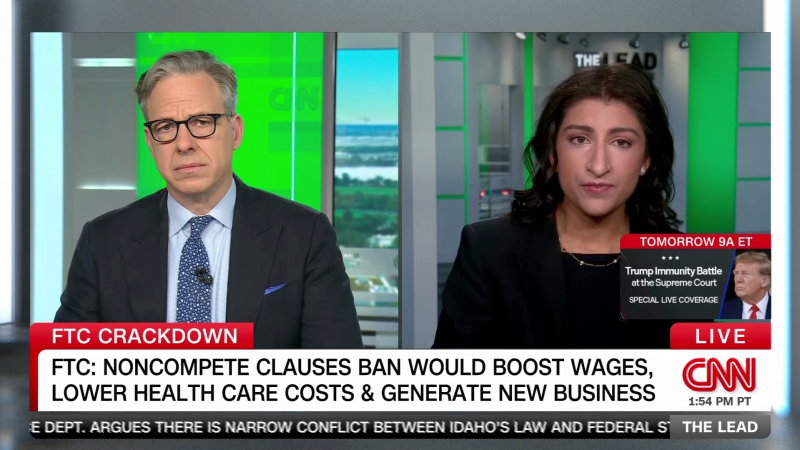What Are Foreign Transaction Fees?
Foreign transaction fees, sometimes referred to as FX fees, are costs added to your statement for purchases that are made in a foreign currency or that pass through a foreign bank. This includes online purchases made in a foreign currency.
How Much Are Foreign Transaction Fees?
The fee is calculated as a percentage of the purchase price, usually up to 3%. When you make a credit card purchase in a foreign country, your credit network converts the foreign currency to dollars using its exchange rate process.
It then charges your bank a fee based on the amount, typically 1%, to offset the conversion cost and risk of fraud inherent to international transactions. Your issuer may pass that fee on to you and add its own fee of 1% to 2%.
What Is Dynamic Currency Conversion?
Through a process known as dynamic currency conversion, it is possible to be charged in dollars while traveling abroad, but you’re likely to pay more in fees, so you should avoid it.
At the point of sale, a foreign merchant may ask if you want to be charged in dollars instead of local currency, so that you have a better idea of what the item you’re purchasing costs. While this dynamic currency conversion may sound like a good idea, it’s best to decline and pay in local currency.
The fee that merchants tack onto your bill for the convenience of paying in dollars can be as high as 7% of the purchase price. Shopkeepers in busy tourist areas may be unable or unwilling to inform you of the extent of their fee. Additionally, it might not save you from paying a foreign transaction fee, as some credit cards still charge the fee for foreign transactions in U.S. dollars, just at a slightly lower rate.
Finally, you may get a better exchange rate by letting your credit card provider do the currency conversion to dollars.
How Should You Choose a Card With No Foreign Transaction Fee?
1. Determine what type of credit card you want. There are many types of credit cards that might not charge a foreign transaction fee.
2. Make sure the card is widely accepted overseas.Visa and Mastercard are the most widely accepted. Because of higher processing fees, American Express and Discover have lower acceptance rates worldwide than Visa and Mastercard. They’re fairly well-accepted in the U.S., Canada and Mexico but may be limited elsewhere. Although American Express and Discover continue to improve their global reach, carry a backup Visa or Mastercard for a wider range of acceptance.
3. Look for useful travel benefits.Many cards with no foreign transaction fees may stand out as great travel cards with extensive travel benefits. World Elite Mastercard and Signature Visa cards, in particular, offer perks that often include:
- Trip cancellation/interruption insurance
- Trip delay reimbursement
- 24/7 concierge services
- Lost luggage reimbursement
- Auto rental collision damage waivers
- Baggage delay insurance
- Roadside assistance
- 24/7 customer service
What Should You Know About Traveling Abroad With Your Credit Cards?
Try these tips to avoid financial surprises on your trip:
- Contact your issuer. Let your issuers know about travel plans. Otherwise, they might freeze your account for fraud when they see purchases made in a different location.
- Carry a debit card. Use a debit card for ATM withdrawals abroad. Using a credit card is processed as a cash advance and that means you’ll pay high interest on the amount starting from the time of your withdrawal.
- Be aware of the exchange rate. Credit card networks typically provide exchange rates that are very close to the fair market rate. But before you travel, install a currency conversion app on your phone to check as a reference point.
- Avoid dynamic currency conversion. You risk paying a much higher conversion rate on top of additional fees.
- Make sure your card has an EMV chip. If not, ask your issuer to mail you a chip-enabled card at least two weeks before your trip.
- Bring photocopies of your cards. Having a photocopy of the front and back of your credit cards gives you easy access to the customer service number if they are lost or stolen. Black out details like the cardholder name, expiration date and CVV number.
- Carry backup cards. Carry a debit card for cash, a Visa or Mastercard for wide credit card acceptance and an additional credit card in case your primary card is unusable for any reason.
- Research your card’s travel benefits and perks. You might be entitled to benefits that can help you deal with travel mishaps like lost bags and trip delays. Perks might include discounted or free entry to airport lounges, priority boarding, free checked luggage, and free in-flight Wi-Fi.
- Know what your card issuer can do if something goes wrong. Some issuers offer expedited card replacements, a 24/7 benefits administrator who can supply medical or legal referrals, prescription assistance, and other emergency services.
Should I Use a Credit Card or a Traveler’s Check?
Before credit cards and debit cards evolved to be more travel friendly, traveler’s checks were popular. You can still get traveler’s checks, but you should be aware of the advantages and disadvantages before using them in place of credit or debit cards.
Advantages of traveler’s checks:
- You can exchange them for cash during your travels.
- If you lose them or they get stolen, you don’t lose your cash.
- They are redeemable at the current exchange rate, often without fees.
Disadvantages of traveler’s checks:
- They aren’t as convenient as credit cards.
- They don’t come with the benefits and perks the way many travel rewards credit cards do.
Now that credit cards are widely accepted, it’s easier to use them during your trip, especially if it’s a credit card with no foreign transaction fees. You can also save on travel by booking your trip with your travel rewards credit card.
Is a Foreign Transaction Fee Dependent on Currency Exchange Rates?
A foreign transaction fee is usually 2% to 3% of your purchase amount, and it’s charged by your credit card company. This fee is not dependent on exchange rates.
There’s also a currency conversion fee, which an issuer may charge on top of its foreign transaction fee. This is why using a credit card with no foreign transaction fee can save you money when traveling abroad.
Which Issuers Are Most Widely Accepted Abroad?
There are four payment networks: Visa, Mastercard, Discover and American Express. You’ll see the logo of one of the four networks on your credit card.
The most widely accepted credit cards in the U.S. are Visa and Mastercard. In other countries, Mastercard edges out Visa, but both are widely accepted. In third place is Discover, followed by American Express in fourth place.
If your primary card is Discover or American Express, be sure you also take a Visa or Mastercard credit card when traveling outside the U.S.







More News
What to Know About the Bill to Repeal Social Security Taxes
What You Need to Know About Freddie Mac Home Possible Advantage Mortgage
Bank of America Sandals Visa Signature Credit Card Review